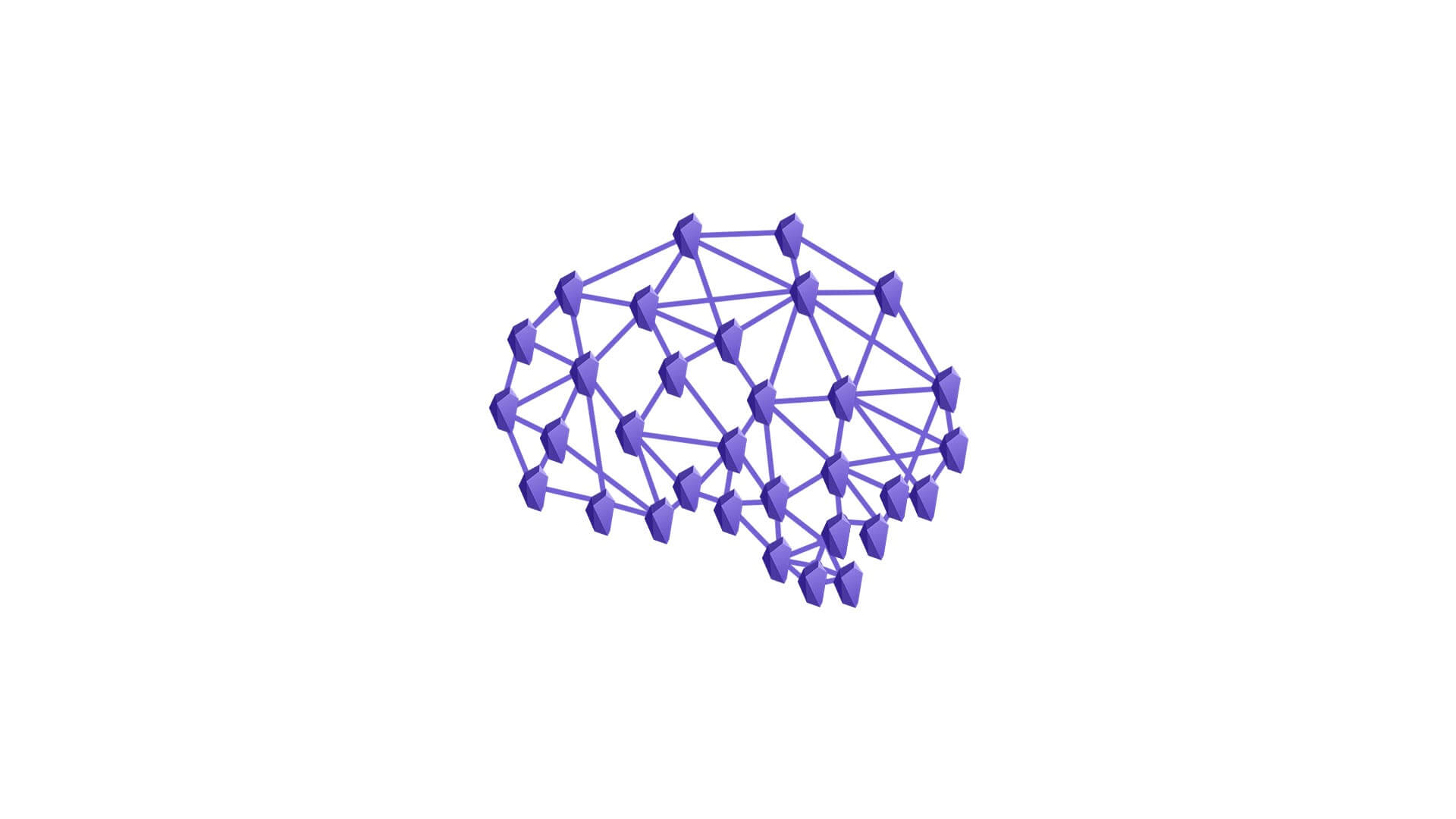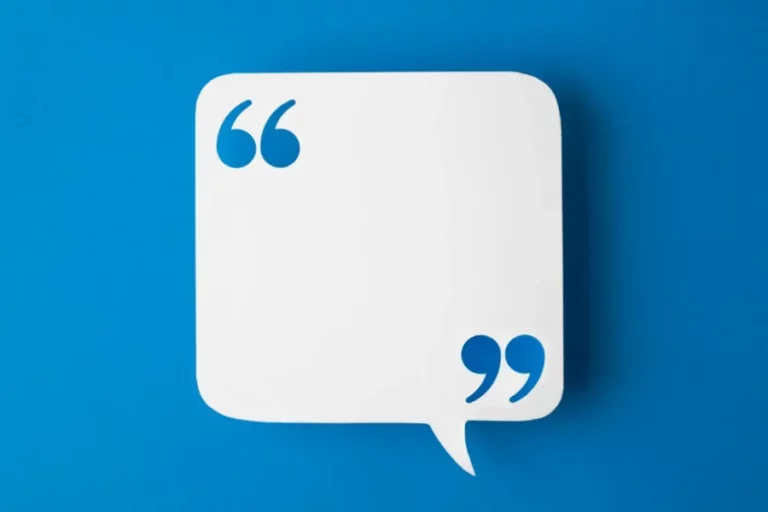Fact is, I have always had a fascination and absorption for ‘sage’ expressions, particularly, quotations and key notables from a range of sources in print, digital, video and audio formats. My persistent challenge was for a ‘complete, system for capturing thought highlights, and markups from my library of printed book publications. Over the years I created several methods of maintaining a digital ‘cardex card index’ system of sorts. What became an obsession with a mounting collection, soon presented a challenge and opportunity. While I realized great value from the utility, my methods seemed short of a somewhat, dynamic, fluid and unbounded experience. Being afforded a system to store, extract, and create linkages to this data, is my ongoing obsessive plight for knowledge discovery, association and shared learning.
Personal knowledge management can be described as:
- a methodology for organizing notes, documents, research references, captured ideas and information related to one’s area of interest;
- a system of synthesis for exposing links and patterns that fosters improved literacy and fluency, provoking more creative and productive work. Stimulates critical thinking;
- forges analysis from the collection of personal mashup of data, allowing for formulation of new ‘related’, ‘relevant’ stuff as ideas;
- comprehension – sense making and understanding for personal enlightenment;
- knowledge (factual: basic acquaintance with specific details and terminology; conceptual: understanding the inter-relationships, classification, models and structures; procedural: specific tasks or actions, skills and required techniques; metacognitive: outlining and capturing an awareness, perception or viewpoint (self and strategic knowledge) – recall as related data (beyond search and find) for developing memory.
A secondary lingering concern was for the document and what format should be the data, as a foundation, framework or language, to be adopted. Given the variety of applications, media types and ideas sources available, let alone, those variations, in addition tp those sure yet to be conceived. I must admit to repeatedly choosing to build a knowledge bank based on application systems, bloated with features, over those with simplistic design, principle function and retentive value. Ever since, I have tempered my search, hoping that I was not alone in this plight for such a functional system. My appeal was for a tool that could cultivate a connected nest of my mindful thoughts and related / unrelated information resources for immediate access, review and extract.
Lastly, that this system could indeed prove a valuable construct for life-long investment of time and effort, into capturing and ‘organizing’ information. By organizing, I am suggesting more for organic connections and relationship within the data ‘vault.’ The principle idea is to remove any foreign preconceived or unreasoned bias in any query result.
Over the past decade, I have used and explored a suite of note management applications (some using markdown language as a default syntax). Like everything else, there are a few of these applications that are best favored, but even then, it depends on your ultimate goal. Below, are few applications that are popular with the personal knowledge management community of users.
| Notion | Obsidian | Roam Research |
| Logseq | Byword | Bear |
| Evernote | Microsoft OneNote | MarkText |
Okay, so I support the Obsidian system as the best solution, matching my particular criteria. Obsidian is a powerful and flexible solution for making, organizing, and connecting your ‘notes and ideas.’ More importantly, this (knowledge management) framework is a central construct in this project to development of my ‘second brain!’ Using ML and AI, my primary goal is to generate ‘total recall’ of all information captured within my repository.

